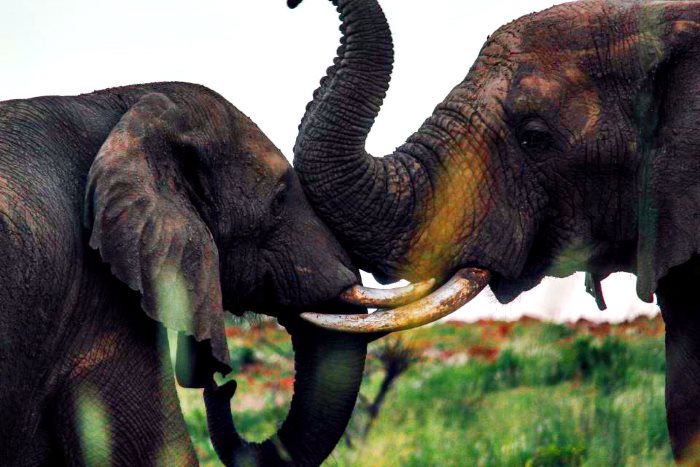If we rewind to 2007 there was a sad stance that the government in China took on elephant ivory. Ivory carving was considered “intangible cultural heritage”, which more or less gave the public a government signed and sealed permission to do as the wished regarding the sale of ivory.
Now a decade later, China has seemingly done a 180 and has gone public to announce the end of all currently legal trading of ivory by the end of 2017. According to official statistics there are 34 licensed carving facilities and 130 legal sellers of ivory in China.
Is this a legitimate move by China to end the slaughtering of elephants, or a poorly disguised attempt which will make the black market even bigger and more lucrative, and worse make the Chinese government the biggest profiteers of all.
Part of the problem with this move is that even as of now 90% of ivory dealings in China are done illegally on the black market. One school of thought pushes the idea that when you make something illegal, the market for that product becomes even more lucrative for sellers, and things which are taboo become more enticing for consumers. If China fails to slam ivory ban law breakers hard, it is unlikely to have much effect on the market at all, and in fact may make things much worse.

Wei Ji, who regularly advises the Chinese government on matters of wildlife concerns, states “[without competition from legal sales] the illegal market will go wild…A should-be-simple ivory market problem now turns into a problem like drugs or firearms, to which a legal supply is not a solution.”
According to Tom Milliken, the coordinator of the Elephant & Rhino Program at traffic.org the ban [is an overall positive development, but in order to make a true difference, the Chinese government would need to]:
- Keep legal ivory stockpiles from making it to the black market. This would require registration and auditing of unsold pieces.
- Take on the illegal internet trade on such platforms as WeChat and other Chinese social media ivory trading.
- Strongly police people buying ivory from China for markets such as Laos, Vietnam and Myanmar. These areas have traditionally been poorly policed and would require a big change in infrastructure.
- Face the illegal Chinese syndicates that are running poach teams in Africa. This would require cooperation with African countries.
Perhaps most worrying is that China has introduced a clause in the official government announcement that [allows certified “ivory relics” to be auctioned “under strict monitoring after administrative approval”]. This clause in itself sends a message to the public that “Hey, this is not okay anymore; unless it comes through us.” Even if China does harshly punish those breaking the ban, this is a huge loophole that gives anyone with enough clout, including (and perhaps mostly) the Chinese government, to gain an exponentially increased profit due to the ban.
Is this only about global face. Will China take a truly strong enough stance on this issue to make a big enough difference before the elephants are no longer there to poach. And, will the Chinese government themselves become ivory profiteers. Questions we cynically expect to end in the red for elephants, but in hope when answered will prove us wrong.

Leave a Reply